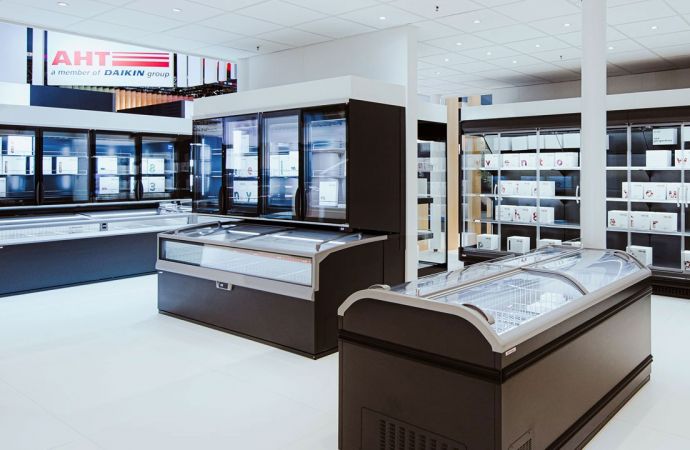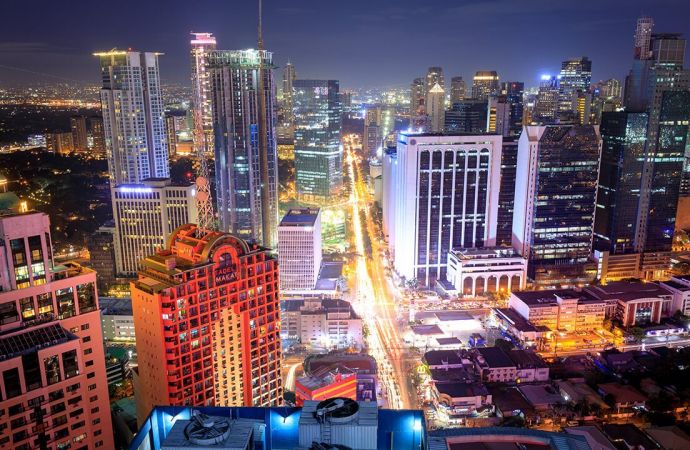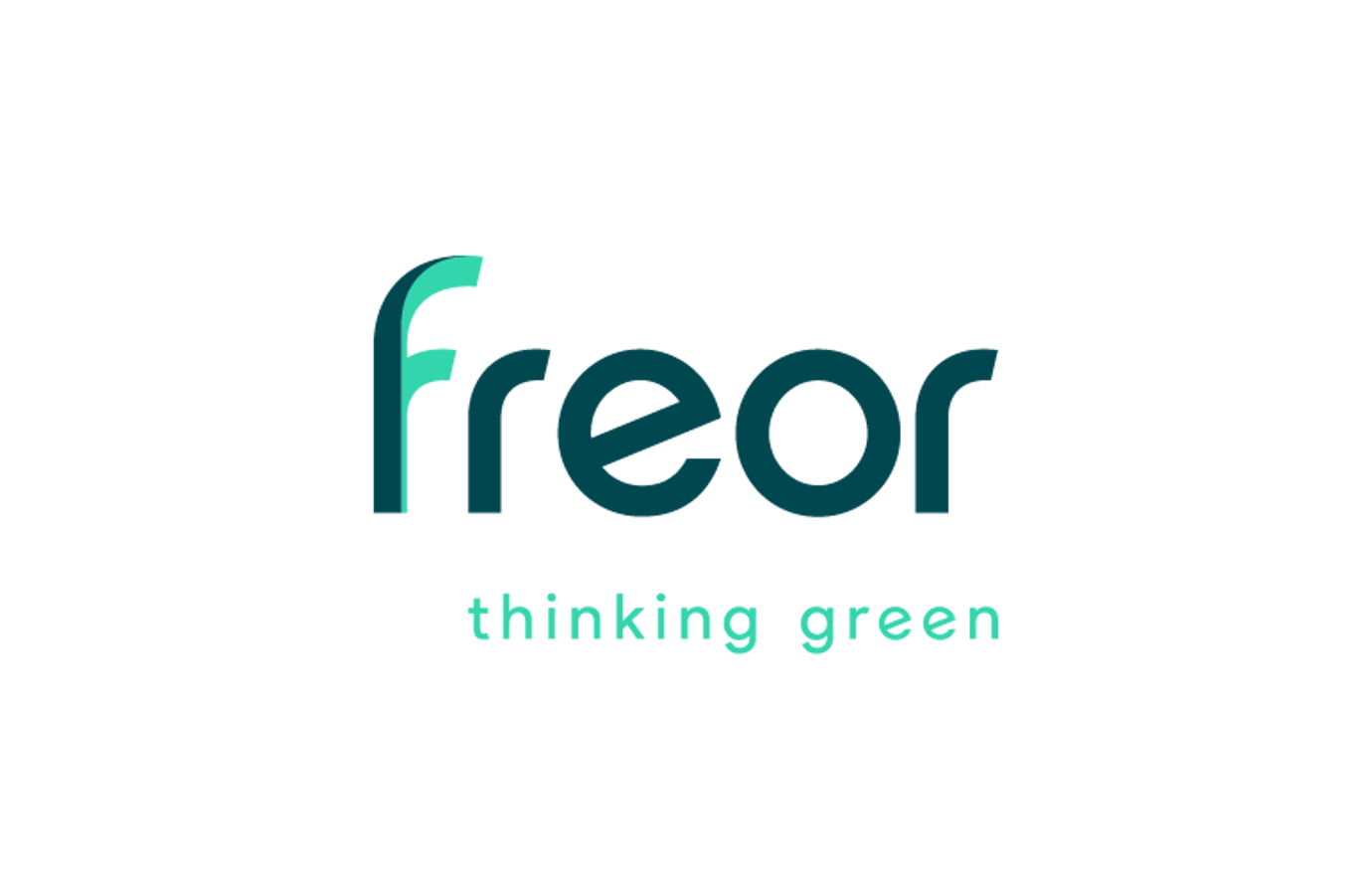A new Carrefour Express in Judetul Ilfov, near Romanian capital Bucharest, uses natural refrigerant propane in tandem with a glycol loop.

As French multinational retail giant Carrefour continues to adopt natural refrigerants, a new Carrefour Express convenience store in Judetul Ilfov, near Romanian capital Bucharest, uses propane (R290) in tandem with a glycol loop.
Lithuanian firm FREOR, headquartered in Vilnius, provided the store with refrigerated vertical cabinets and also cooling for cold rooms. All the store’s refrigerated display cases use R290 as the refrigerant.
Marco & Alex – FREOR’s official partner in Romania – installed FREOR’s ‘Hydroloop’ glycol system – a refrigeration system with which excess heat is removed via a glycol line. It connects the refrigerated and frozen food cabinets to the cold rooms using the circuit of pumped glycol.
FREOR describes its Hydroloop system as ideal for small supermarkets or petrol station stores. “This environmentally sustainable solution allows removal of excess heat from the shop through the environmentally friendly glycol line and additional use of the heat for warming up the water or heating up the store in the cold season,” the company says.
To reduce refrigerant emissions, the Carrefour Group is phasing out HFCs and replacing them with CO2 for commercial refrigeration. Since 2017, the retail giant has also been intensifying its focus on smaller stores, where it also opts for hydrocarbons.
Factors ultimately influencing the decision to go for CO2 or hydrocarbons will include store size, equipment cost, and legislation in each country, Paolo Martini, refrigeration & HVAC manager for international support at the Carrefour Group, told this website.
As for the Bucharest installation, FREOR said it was “happy to respond to the store’s ‘go green’ intentions by supplying equipment operating on natural R290 refrigerant and installing the environmentally-friendly Hydroloop glycol cooling system”.
Overall the Carrefour Group is aiming to reduce carbon emissions by 40% by 2025 and by 70% by 2050 (compared to 2010 levels). There are around 12,300 stores under the Group banner in more than 30 countries.
Related stories




